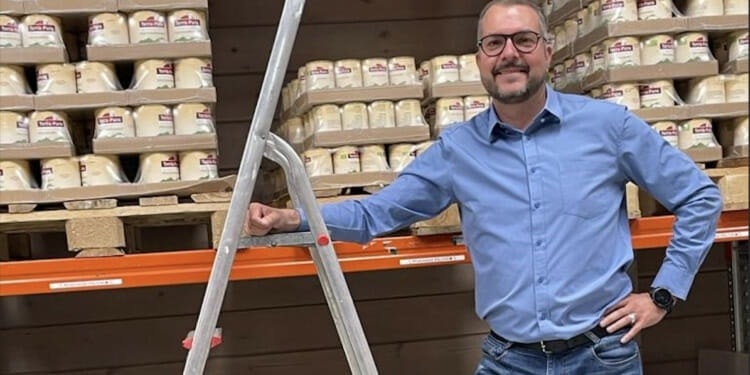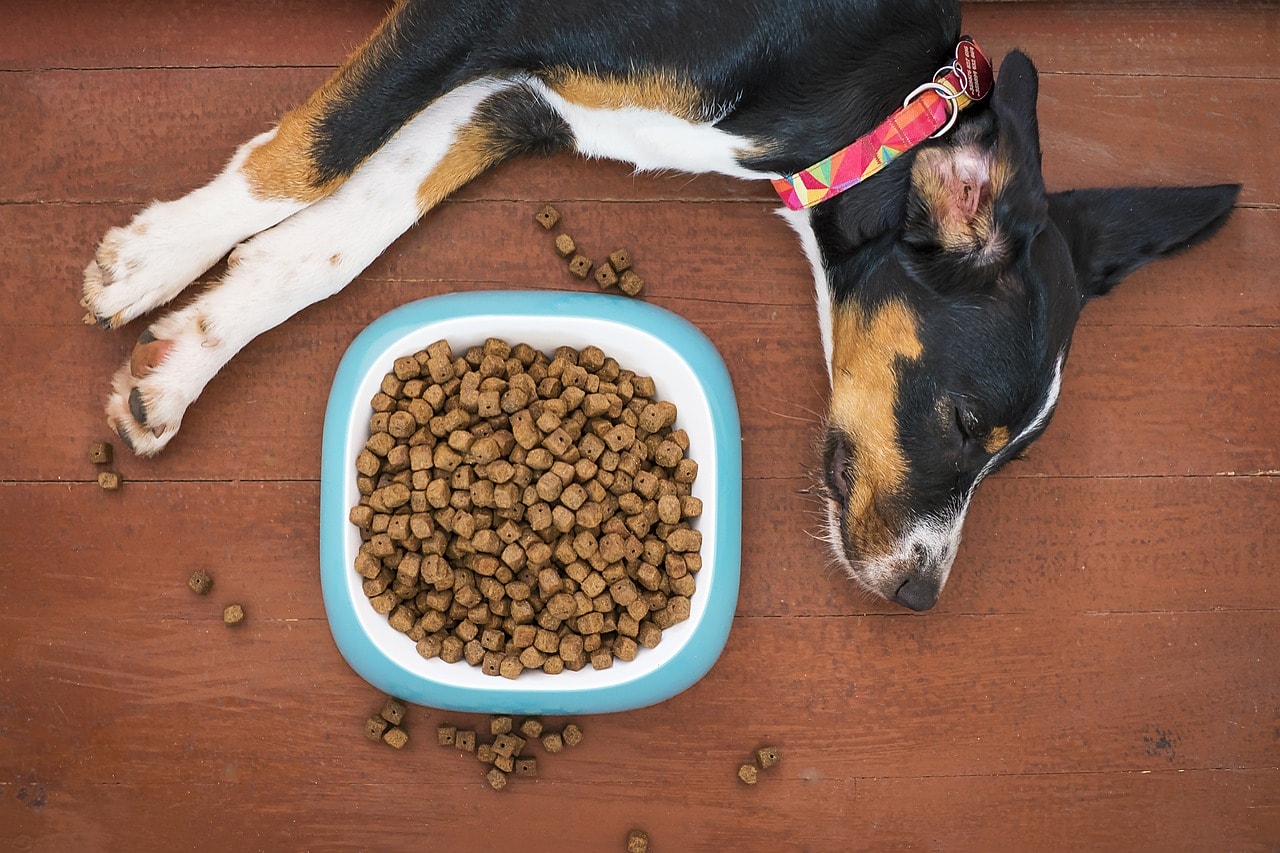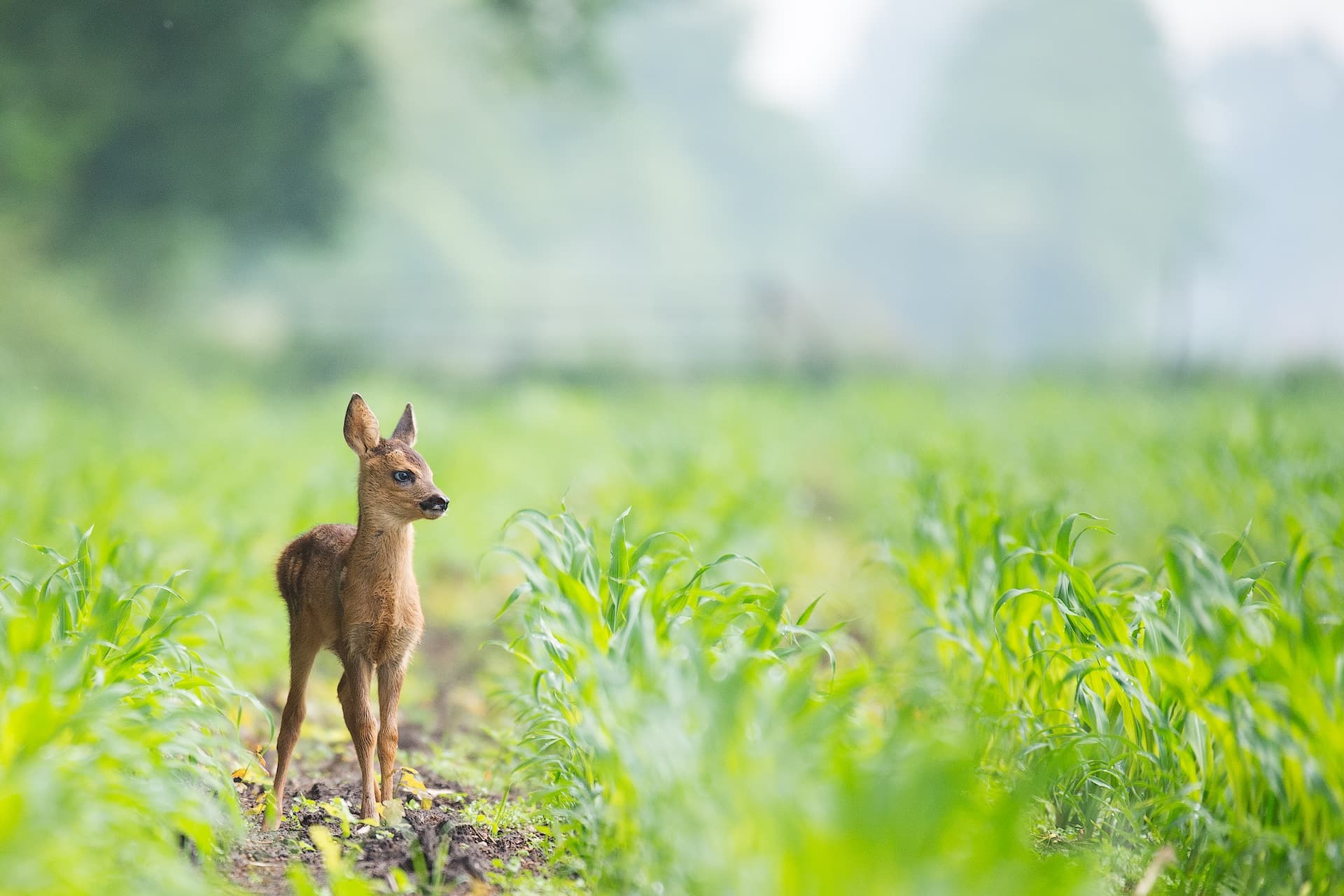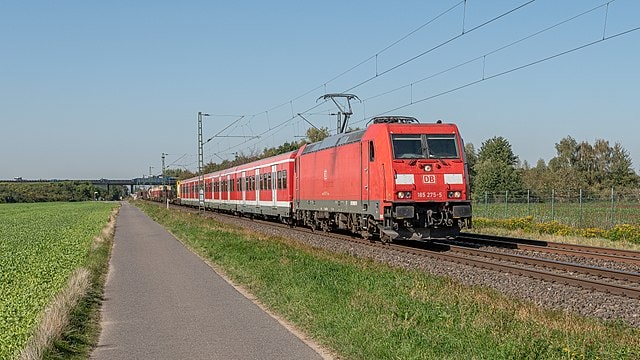Martin Sieland is the Managing Director of Terra Pura, an organic pet food company from Germany. Terra Pura offers a diverse and varied diet for dogs, cats, and horses free from harmful chemical additives and made from vegetables, fruit, grain and meat exclusively from German organic farmers produced in accordance with Bioland guidelines. We spoke to Martin about the benefits of organic pet food and what can be done to grow the market.
What was the inspiration behind creating your own organic pet food company?
In February 2021, my partner and I took over this existing company that was founded 13 years ago by a pet healer and homeopath who owned dogs with sensitive digestion and allergies. She started cooking her own food for her dogs and when she found out that there were health benefits to preparing dog food in this way, she started a business making organic pet food that supports animal health and nutrition.
As new business owners, we believe that this sustainable and healthy pet food brand has to be spread more in Germany and Europe. There are three simple reasons for this. Firstly, we need to stop feeding our pets with cheap pet food which is made out of slaughterhouse waste, byproducts and unhealthy additives. This is an abuse of our pets.
Secondly, we need to improve the understanding of what our pets eat changes their life and body’s health: healthy food – healthy pets. Thirdly, with organic pet food we support the organic market which is still underdeveloped in Germany and Europe. We need more farmers and companies switching to organic because the guidelines of organic EU label and Bioland label are one way of creating a sustainable world.

What are the benefits of organic food for animals?
Organic pet food is free of additives, chemicals, and medical waste. The right nutrition keeps animals healthy and allows them to live longer. Many of our clients say they see the sense in spending a little more money on our products if it saves them from going to the vet later.
The second dimension of organic pet food is that the farm animals are treated responsibly. They have enough space to move around, they receive enough light to feel happy and they are slaughtered in an ethical way. We know that our farm animals deserve to be treated with respect and dignity. They are a part of the world and of creation, and we are responsible for them.
Then there’s the circular economy. We try to use all parts and products of the organic market production. For example hearts and kidneys are not part of a conventional human diet anymore, although just a few decades ago they were. Tastes have changed, but by using these valuable animal parts we close the economy and make sure that nothing is wasted. Or take fruits for example; even in the organic market there are certain expectations of what fruit and vegetables should look like. Those that don’t make the cut are often thrown away, so that’s what we buy and use to eradicate waste.
Can you explain what makes Terra Pura sustainable? You mentioned that you observe strict Bioland guidelines, for example, can you explain what this means?
Just looking at the seven guidelines of Bioland makes you understand why Terra Pura’s pet food is sustainable:
- Support circular economy
- Improve soil fertility
- Raise animals species-appropriate
- Produce valuable food
- Support biological diversity
- Conserve our natural base and fundamentals of life
- Secure a livable and meaningful future for humans and animals alike
When you’re looking to build a sustainable supply chain, where does one begin? Sustainable production seems like a system of moving parts, so how did you yourselves get started?
Firstly, source regionally, combine purchases with other buyers, use logistics together and keep shipment ways as short as possible. Use bulk purchase whenever possible and prefer warehouse storage over separate purchases.

With the adoption of the UN 2030 Agenda and the 17 Sustainable Development Goals in 2015, sustainability is an essential guiding principle for businesses everywhere. A lot of companies are hopping onto the sustainability bandwagon but it is a learning process. What were some of the key learnings from your own path to sustainability and what are some of the future challenges you anticipate for your company?
Radical change and improvement. Sustainability is not a new marketing slogan to paint old products with and sell the old in a newly fashioned way. We need truth and honesty to make the SDGs a reality in 2030. This means radical change for many companies, governments and entities, which they have not adopted yet.
Future challenges I see for example in sustainable packing. Will there be enough diversity with real compostable and degradable packing materials? Will these materials meet customer’s expectations? Will they be easy to carry, safe and secure, easy to dispose?
Guaranteeing enough supply in sustainable and organic raw materials. We still face difficulties of constant and price stable supply of organic raw material for our pet food. Politics need to make sure that we switch from subsiding industrial mass farm and mass farm animal production towards ecological, organic and sustainable farm and farm animal production. Stopping the industrialization of food and animal farm production is paramount.
Editor’s Note: The opinions expressed here by Impakter.com columnists are their own, not those of Impakter.com. — Featured Photo: Martin Sieland Photo Credit: Terra Pura














